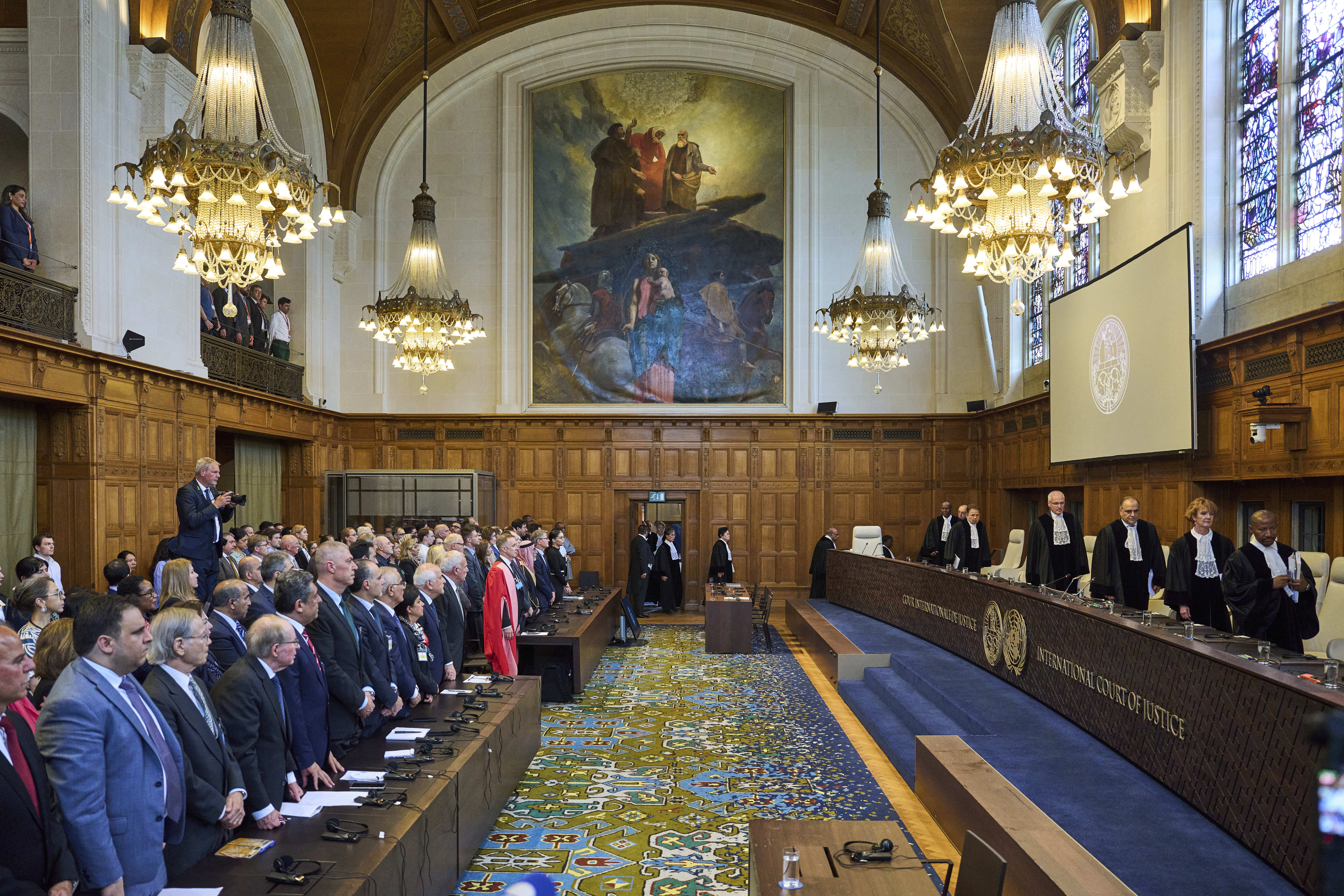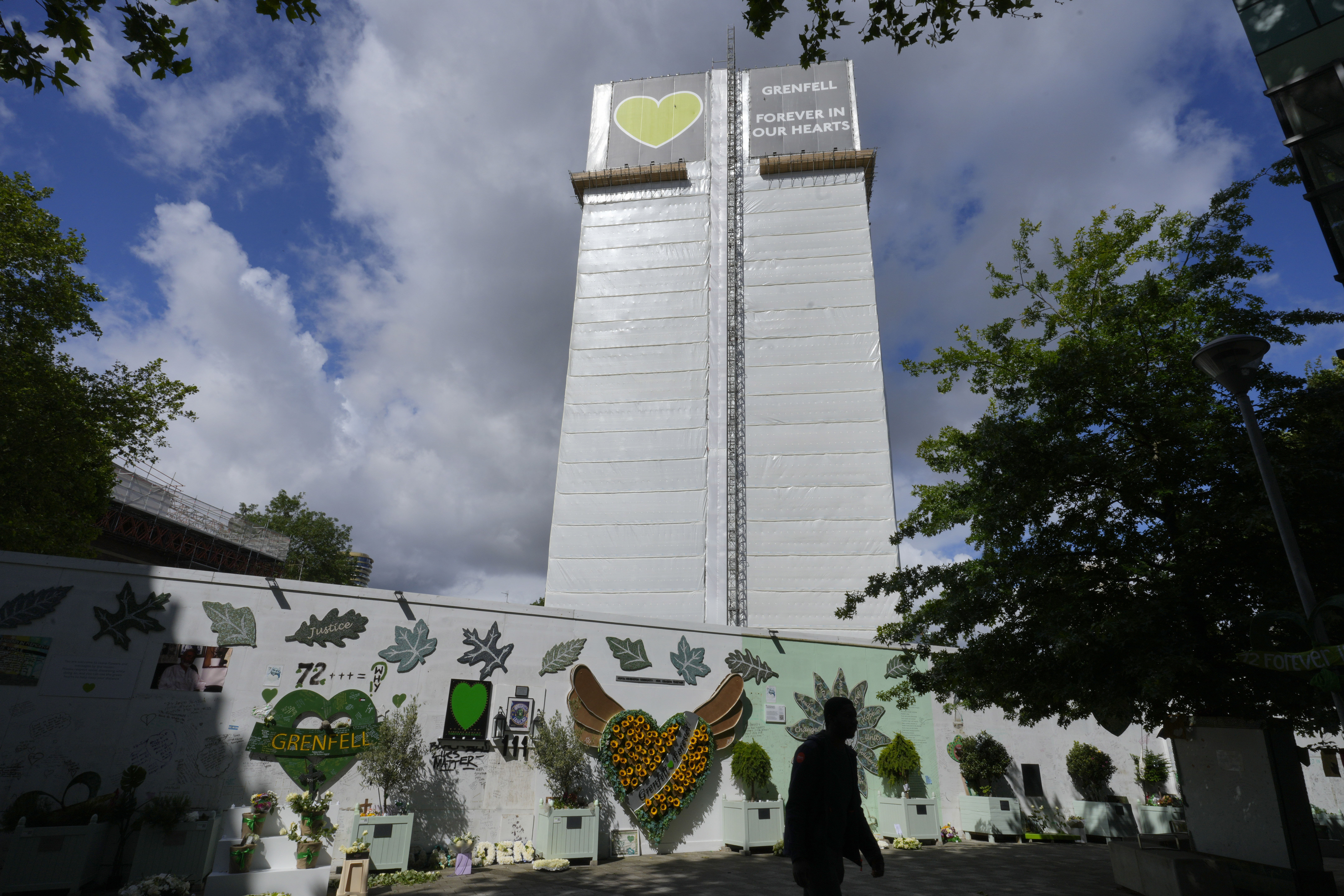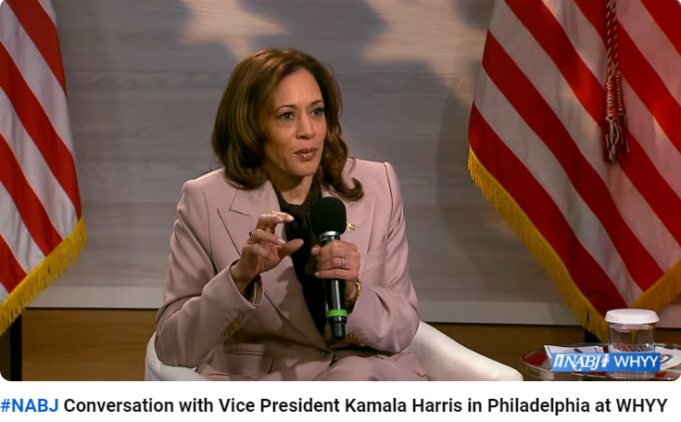For the first time in 24 years, both the Republican and the Democratic presidential nominees accepted the National Association of Black Journalists (NABJ) invitation to discuss key policy issues.
The organization held an in-person conversation with Democratic nominee Vice President Kamala Harris on Sept. 17 in downtown Philadelphia. The sit down came nearly two months after the NABJ’s contentious interview with former President Donald Trump at their national convention in Chicago.
The nearly hour-long conversation with the vice president took place in front of a live audience at the headquarters of WHYY, a public radio station. It was live-streamed, and PolitiFact provided real-time fact-checking via social media.
The conversation was moderated by Gerren Keith Gaynor, White House correspondent and managing editor of politics at theGrio; Eugene Daniels, co-author of Politico’s “Playbook” and Politico’s White House correspondent and Tanya Mosley, co-host of NPR and WHYY’s “Fresh Air.”
Questions covered economics, Israel’s genocidal war in Gaza, reparations, gun control, the threats against Haitian immigrants in Springfield, Ohio, and more.
On economics, Vice President Harris boasted of an “opportunity economy.” Part of her plan includes addressing housing access by giving tax credit incentives to create new housing and giving first-time home buyers down payment assistance. Her plan also addressed childcare and elder care affordability.
While she acknowledged the problems Black people face, she does not have any policies specific to Black people.
“I intend to be a president for all people, specifically as it relates to what we need to do … around economic opportunity,” she said. Still, she maintains that her work will address historic inequities related to home ownership, intergenerational wealth and medical debt.
When it came to the issue of Israel’s genocidal war on Gaza, she was asked, “Where do you see the line between aggression and defense and our power as Israel’s ally to do something?”
The vice president did not answer the question directly nor did she attempt to distance herself from President Joe Biden’s current course of action. Instead, she remained strong on words she has been reciting since becoming the Democratic presidential nominee:
That she believes the often repeated refrain that “Israel has the right to defend itself” and that she desires to work toward a two-state solution where both Israelis and Palestinians have security, self-determination and dignity. She repeated her desire for a ceasefire and a hostage deal.
Though asked, she did not speak to any particular policy changes regarding weapons sent to Israel or the country’s allyship with Israel.
Vice President Harris also initially avoided directly answering a question on whether she would take executive action to create a reparations commission or if she believed it should happen in Congress.
After being asked a second time, she put the responsibility on Congress. As a senator, she was a co-sponsor of S.1083 the companion to H.R.40, “The Commission to Study and Develop Reparation Proposals for African-Americans Act.”
Moderators also prompted the vice president to answer more directly on gun control solutions, with a focus on handguns. She admitted that it was an important issue and advocated for holistic responses such as addressing mental health in schools.













